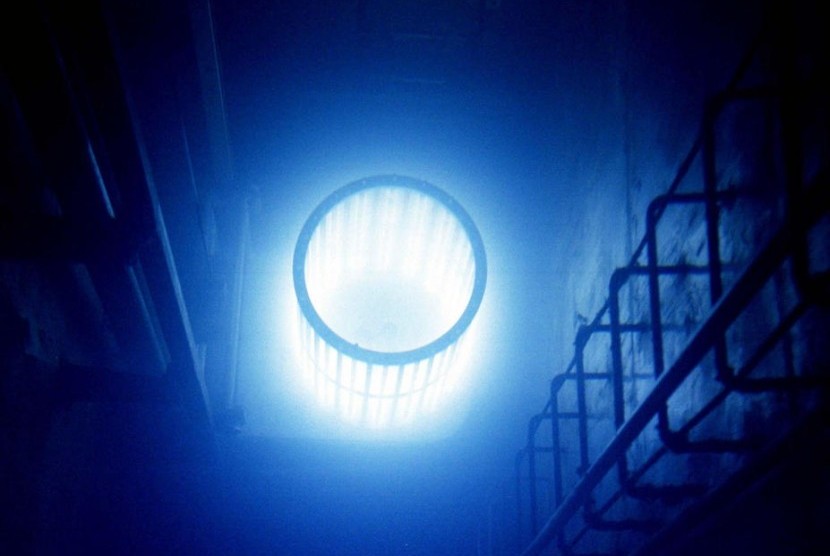REPUBLIKA.CO.ID, VIENNA - Thieves have made off with a truck in Mexico carrying a dangerous radioactive material used in medical treatments, the United Nations nuclear watchdog said on Wednesday. The International Atomic Energy Agency, the Vienna-based UN nuclear body, did not give details on how much of the radioactive source, cobalt-60, was in the truck at the time.
"At the time the truck was stolen, the (radioactive) source was properly shielded. However, the source could be extremely dangerous to a person if removed from the shielding, or if it was damaged," the IAEA statement said.
Cobalt-60 can potentially also be used to make a so-called "dirty bomb", where conventional explosives are used to disperse radiation from a radioactive source. But the IAEA made no mention of this in its statement.
The IAEA said it had been informed by Mexican authorities that the truck, which was taking cobalt-60 from a hospital in the northern city of Tijuana to a radioactive waste storage centre, was stolen in Tepojaco near Mexico City on Monday. The IAEA has offered to assist Mexican authorities, who it said were searching for the material and had alerted the public.
More than 100 incidents of thefts and other unauthorized activities involving nuclear and radioactive material are reported to the IAEA annually, the UN agency said earlier this year.
Because radioactive material is regarded as less hard to find and the device easier to manufacture, experts say a so-called "dirty bomb" is a more likely threat than a nuclear bomb in any attack by militants.
Experts describe the threat of a crude fissile nuclear bomb, which is technically difficult to manufacture and requires hard-to-obtain bomb-grade uranium or plutonium, as a "low probability, high consequence act" - unlikely but with the potential to cause large-scale harm to life and property. But a "dirty bomb" is seen as a "high probability, low consequence act" with more potential to terrorize than cause large loss of life.


